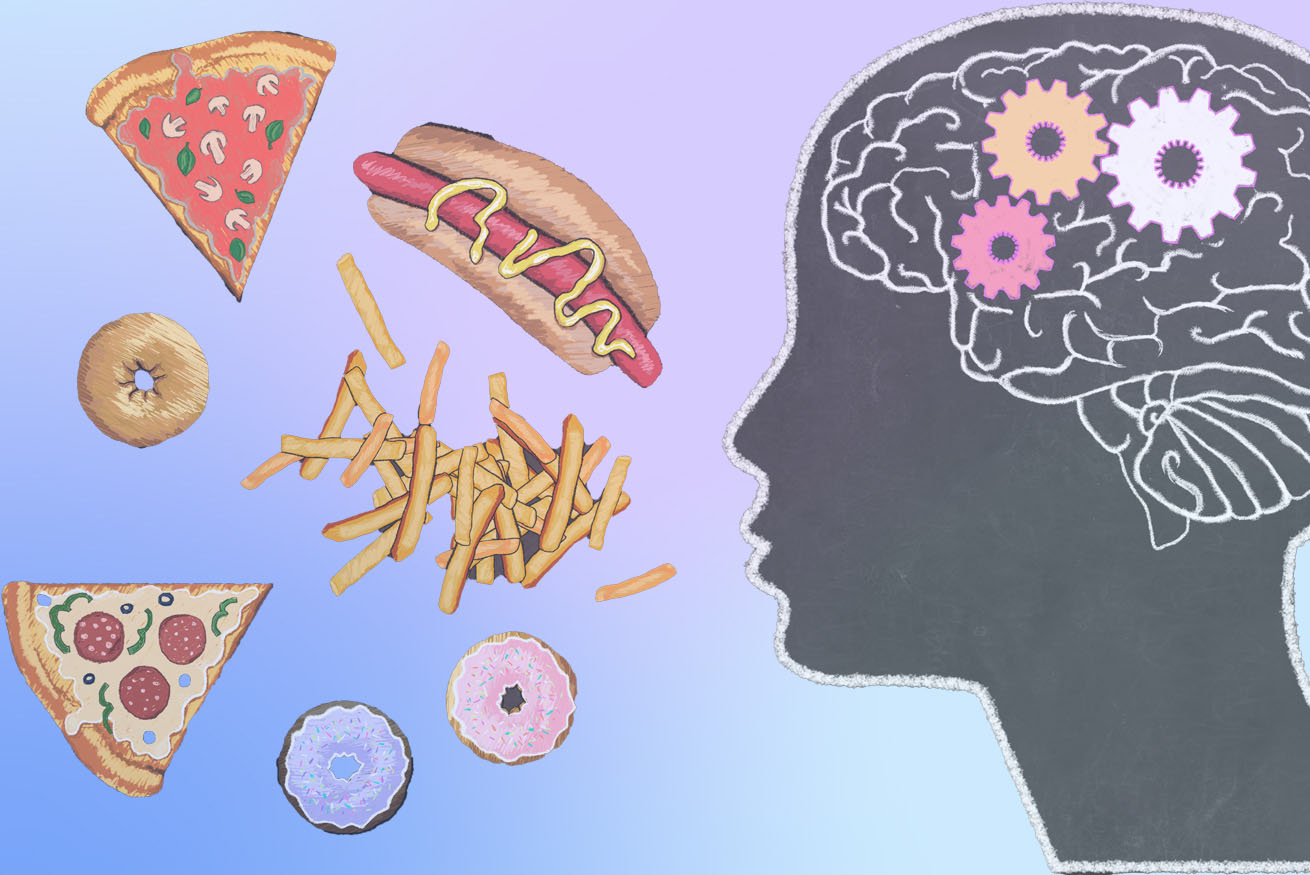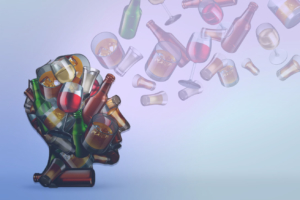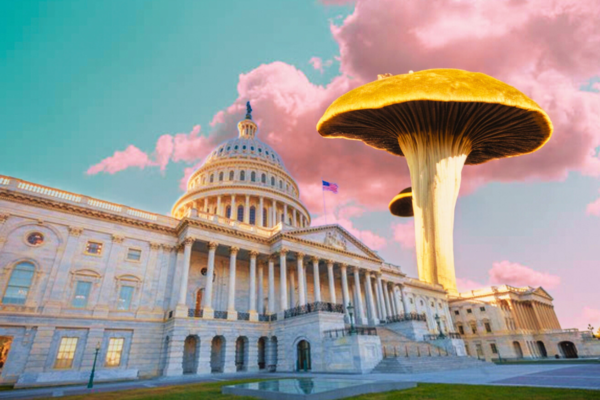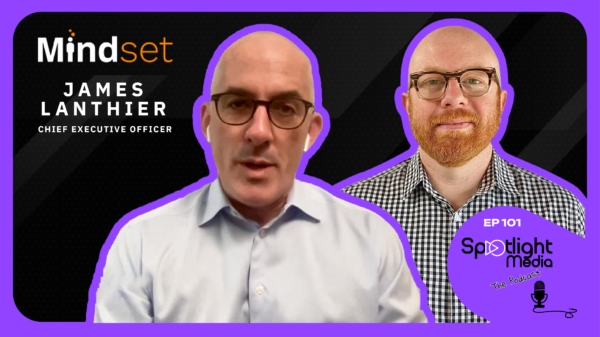
Tryp Therapeutics is ending the year with some welcome news: The Food and Drug Administration has given the company approval to proceed with its Phase 2a clinical trial evaluating the use of synthetic psilocybin for binge eating disorder.
“We are excited to move forward with our Phase 2a clinical trial in binge eating disorder through our partnership with the University of Florida. Our dialogue with the FDA has been productive and has meaningfully improved the design of this study,” said Chairman and CEO Greg McKee on Thursday.
Using psilocybin to treat eating disorders is one of several exciting avenues for promising psychedelic research outside of depression, anxiety, and PTSD — three mental health issues that tend to dominate the conversation as to how psychedelics can help humanity.
Tryp, a pharmaceutical company focused on developing psilocybin-based compounds for diseases with unmet medical needs, first submitted the investigational new drug (IND) application to the FDA back in September. The request to proceed with the Phase 2a clinical trial evaluating the company’s novel proprietary psilocybin formulation, TRP-8802, for binge eating disorder and hypothalamic obesity was placed on hold in October. In November, the FDA requested focusing the study specifically on patients with binge eating disorder, and submitting an IND for a separate Phase 2a study to evaluate the use of synthetic psilocybin for patients with hypothalamic obesity.
The study is to be run with Dr. Jennifer Miller at the University of Florida. TRP-8802 is an oral formulation of synthetic psilocybin and would be evaluated in combination with psychotherapy. Tryp is also researching how synthetic psilocybin can be used to treat fibromyalgia, phantom limb pain, and complex regional pain syndrome (CRPS), in addition to hypothalamic obesity and binge eating disorder. All together, Tryp estimates potential market value of this synthetic psilocybin to be worth $12.5 billion, if proven to be safe and effective. The treatment for binge eating disorder, alone, could be worth $2.9 billion.
The National Eating Disorders Association describes bing eating disorder as “a severe, life-threatening, and treatable eating disorder characterized by recurrent episodes of eating large quantities of food (often very quickly and to the point of discomfort); a feeling of a loss of control during the binge; experiencing shame, distress or guilt afterwards; and not regularly using unhealthy compensatory measures (e.g., purging) to counter the binge eating.”
Out of all types of eating disorders affecting at least 9% of the U.S. population, binge eating is the most common eating disorder in the United States. The behavioral pattern can lead to obesity, which the CDC estimates was prevalent 42.4% of U.S. adults in 2018, up from 30.5% in 2000. It’s clearly a big problem that keeps getting bigger — and is a costly problem, too. The estimated annual medical cost of obesity in the United States was $147 billion in 2008. By 2016, a study found the aggregate medical cost due to obesity among U.S. adults was $260.6 billion.
Tryp Therapeutics is not the only psychedelic pharmaceutical company on this mission, though.
NeonMind Biosciences is primarily dedicating its efforts to utilizing psilocybin as a treatment for obesity. The compound is known to activate serotonin receptors which can help a person curb their cravings, reduce their appetite and, as a result, eat less.
Tryp did not release details of how the study will proceed, but NeonMind CEO and President Rob Tessarolo previously outlined their multi-pronged approach in an interview with Psychedelic Spotlight.
First, patients may undergo a high-dose psychedelic session, allowing patients to potentially disengage with maladaptive eating habits, and may facilitate new and more positive behavioral patterns to emerge.
Second, patients may undergo a low-dose “maintenance” approach. Tessarolo highlights that psilocybin activates the 5-HT2C receptor, which is a validated target for weight loss by the FDA; stimulation of these receptors will often lead to patients eating less and feeling fuller. “We think that there’s a potentially low dose approach with psychedelics that may also allow us to target that particular receptor, thereby creating some appetite suppression,” said Tessarolo.





